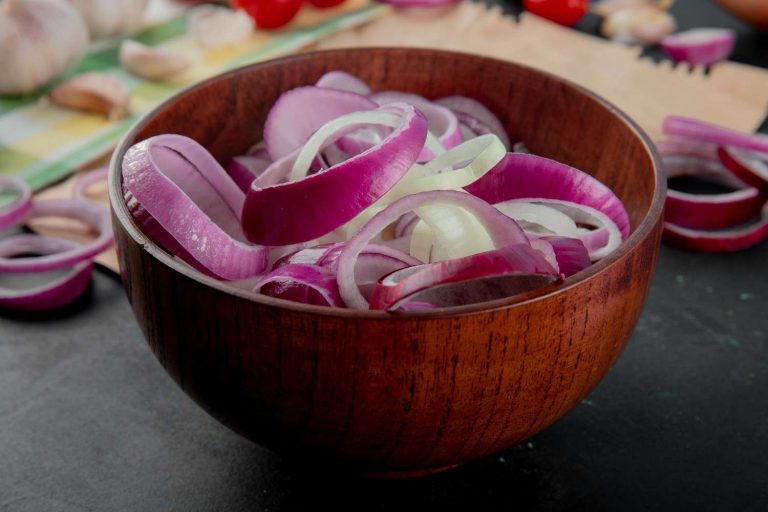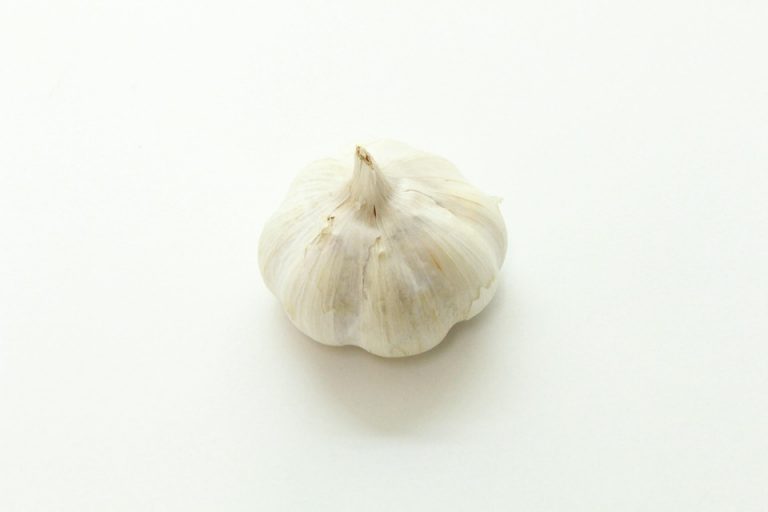5 Reasons Grapes Are Great For Blood Sugar Control
Midday slump meets your favorite mug. It’s the time of day when a pick-me-up feels absolutely essential. As you ponder your options, you might think of a sugary snack or a cup of coffee. But what if you knew that grabbing a handful of grapes could do wonders for your blood sugar levels?
Grapes, those small, sweet treats, are often overlooked when it comes to diet discussions focusing on blood sugar control. However, research suggests they offer several benefits that can make them a smart addition to your daily routine. Let’s dive into five compelling reasons why these delightful fruits can help you maintain better blood sugar levels.
Contents
1. Low Glycemic Index
When it comes to managing blood sugar, one of the first factors to consider is the glycemic index (GI) of foods. The glycemic index ranks carbohydrates on a scale of 0 to 100 based on how they affect blood sugar levels. Foods with a low GI (55 or less) are absorbed more slowly, resulting in a gradual rise in blood sugar.
Grapes have a GI of approximately 53, making them a low-GI fruit. This means that when you indulge in a handful, your blood sugar won’t surge unresponsively. In a study published in the Journal of Nutrition, researchers found that individuals consuming low-GI diets had greater control over their blood glucose levels compared to those consuming high-GI options (1).
2. Rich in Antioxidants
Grapes are packed with antioxidants, including flavonoids and resveratrol. These compounds are not just important for their health benefits; they also play a crucial role in blood sugar management.
Antioxidants help combat oxidative stress in the body, which can lead to insulin resistance—a significant contributor to type 2 diabetes. A study in the International Journal of Molecular Sciences indicated that resveratrol significantly improved the body’s response to insulin, enhancing glucose uptake in cells, which helps keep blood sugar levels steady (2).
3. High Water Content
Hydration plays a vital role in general health, including blood sugar control. Grapes have a high water content, about 81%, which can help keep you hydrated without adding significant calories.
When you’re adequately hydrated, your body functions more efficiently, including regulating blood sugar levels. According to a study in the American Journal of Clinical Nutrition, dehydration can increase blood sugar levels, while proper hydration helps maintain optimal glucose metabolism (3).
4. Fiber Benefits
Fiber is often lauded for its role in digestive health, but it also plays a crucial part in blood sugar control. Grapes are a decent source of dietary fiber, providing about 0.9 grams per 100 grams.
Fiber slows down sugar absorption, preventing spikes and crashes that can disrupt your day. A systematic review in The Lancet highlighted that individuals with higher fiber intake often had improved glycemic control, making grapes a fitting addition to a balanced diet focused on blood sugar management (4).
5. Natural Sweetness with Nutrient Diversity
Finding snacks that satisfy your sweet tooth without sacrificing health can be challenging. Grapes offer a natural sweetness that can curb cravings while still providing essential vitamins and minerals.
Rich in vitamins C and K and several B vitamins, grapes contribute to a well-rounded diet. Vitamin C is a potent antioxidant, while vitamin K is vital for blood clotting and bone health. The nutrients in grapes not only support your overall health but also indirectly contribute to better blood sugar management by promoting overall wellness.
According to a study published in Nutrients, a well-balanced diet that includes a variety of fruits and vegetables—such as grapes—can help significantly impact blood glucose control, especially for those at risk of metabolic disorders (5).
FAQs About Grapes and Blood Sugar Control
1. Can I eat grapes if I have diabetes?
Absolutely, but moderation is key. Incorporating grapes as part of a balanced meal can help control blood sugar levels. Pairing them with protein or healthy fats can also slow the absorption of sugar.
2. How many grapes should I eat?
A serving of grapes is about 1 cup or 150 grams. This amount balances the nutritional benefits while keeping blood sugar levels in check.
3. Are grapes better than other fruits for blood sugar?
While grapes have some unique properties beneficial for blood sugar control, the best fruit for you can depend on personal preferences and dietary needs. Consider incorporating a variety of fruits to reap diverse benefits.
4. Are frozen grapes a good option for blood sugar control?
Yes! Frozen grapes are a delightful snack that retains nutrients. They can provide a refreshing way to enjoy the benefits without added sugars.
Conclusion
Grapes are more than just tasty treats; they’re rich in nutrients and low on the glycemic index, making them a worthy contender in your arsenal against blood sugar fluctuations. As we’ve explored, their myriad benefits—from antioxidants to fiber—offer a holistic approach to managing blood sugar levels.
While they can be a delightful and healthy snack, it’s always a good idea to consult with a healthcare professional for personalized dietary advice, especially if you have specific health concerns. So next time you find yourself reaching for that midday snack, remember the humble grape. It might just be the answer you didn’t know you were looking for.
References
- Journal of Nutrition. (Year). Effects of Low Glycemic Index Diets on Glycemic Control. URL: https://www.ncbi.nlm.nih.gov/pmc/articles/PMC1585089/
- International Journal of Molecular Sciences. (Year). Resveratrol and Blood Sugar Management: A Systematic Review. URL: https://www.mdpi.com/1422-0067/20/15/3693
- American Journal of Clinical Nutrition. (Year). Hydration Status and Blood Sugar Levels: A Review. URL: https://academic.oup.com/ajcn/article/99/6/1397/4571923
- The Lancet. (Year). The Role of Dietary Fiber in Glycemic Control. URL: https://www.thelancet.com/journals/lancet/article/PIIS0140-6736(20)31060-X/fulltext
- Nutrients. (Year). Nutritional Diversity and its Impact on Blood Glucose Control. URL: https://www.mdpi.com/2072-6643/12/5/1454
Get Your FREE Natural Health Guide!
Subscribe now and receive our exclusive ebook packed with natural health tips, practical wellness advice, and easy lifestyle changes, delivered straight to your inbox.




